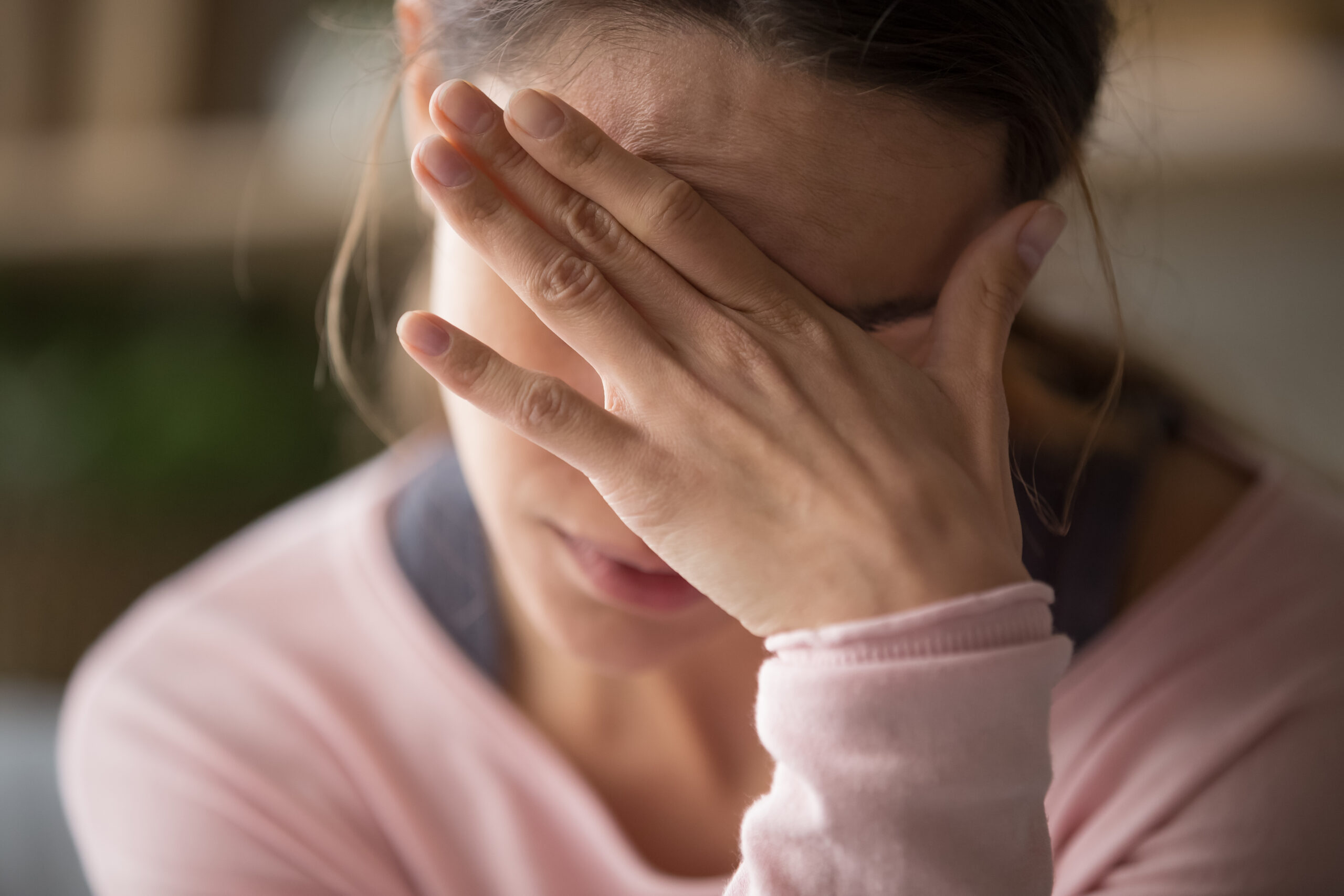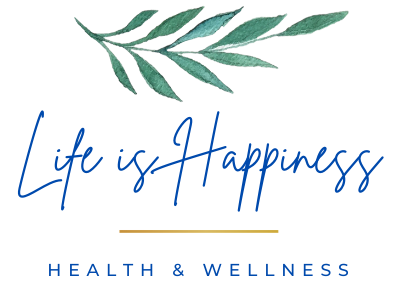Am I having a heart attack or a panic attack?
Posted by Lindsay on Mar 19, 2021 in Health Blog | Comments Off on Am I having a heart attack or a panic attack?

All the sudden your chest feels tight, your heart is racing, you feel like you can’t breathe, your palms are sweaty and you feel that you better call 9-1-1 or have someone take you to the hospital. At the hospital, they determine it is not a heart attack and give you a good dose of Xanax, Valium or Ativan, and tell you that you are having a panic attack. How could these major symptoms be just a panic attack? First of all, it is not “just” a panic attack. Panic is very real and brings on very real symptoms.
I will never forget the night I was just sitting enjoying a movie at home with my husband and all of the sudden I felt like my heart was racing. I took my pulse on my smart watch and it was almost 120 beats per minute. I panicked. I started taking may heart rate every few minutes until it was almost 200 beats per minute, and I told my husband we had to run, not walk to the car to get me to the hospital before I died. That fifteen minute ride felt like an hour as I suffered with the impending doom that I was going to die. I obviously did not die! At the hospital they explained that this was a panic attack and gave me Ativan, which brought my heart rate down pretty quickly. This was not my first time having a panic or anxiety attack. Each time, they feel just as scary.
It is important to differentiate between anxiety and panic attacks. Anxiety attacks are usually brought on by some sort of stressors and are usually short lived, while panic attacks usually come on suddenly and unprovoked. Both have very real symptoms and both cause a lot of fear.
I want you to repeat this next statement – It is OK to have anxiety and panic.
You are not crazy and these symptoms are not made up,they are real symptoms. They are scary, and can really interfere with your life. How do I know? I have generalized anxiety disorder. I have been on medications, been to therapists and life coaches, listened to self help podcasts, and found many ways to help myself. If you read my previous article, “Pandemic Anxiety and Gaining Control,” you will see the many things that have helped me. You see anxiety and panic come and go for me. I treat it and am fine for a few years and then have to treat it again. I am OK with that, as I don’t want to suffer and either should you.
I want you to repeat this next statement – It is OK to not to be OK.
You should recognize the symptoms of anxiety and panic, know they are an issue, and accept and utilize resources to help relieve the suffering. What you shouldn’t do is beat yourself up about it or let anyone else make you feel bad or crazy. The symptoms below should help you recognize if you are having a panic or anxiety attack. Please note that if you feel these are more serious than panic or anxiety, please get medical assistance immediately.
According to the Mayo Clinic, here are some of the main symptoms of anxiety:
-
Feeling nervous, restless or tense
-
Having a sense of impending danger, panic or doom
-
Having an increased heart rate
-
Breathing rapidly (hyperventilation)
-
Sweating
-
Trembling
-
Feeling weak or tired
-
Trouble concentrating or thinking about anything other than the present worry
-
Having trouble sleeping
-
Experiencing gastrointestinal (GI) problems
-
Having difficulty controlling worry
-
Having the urge to avoid things that trigger anxiety
According the the Anxiety and Depression Association of America, here is the definition and the common symptoms of a panic attack:
A panic attack is the abrupt onset of intense fear or discomfort that reaches a peak within minutes and includes at least four of the following symptoms:
-
Palpitations, pounding heart, or accelerated heart rate
-
Sweating
-
Trembling or shaking
-
Sensations of shortness of breath or smothering
-
Feelings of choking
-
Chest pain or discomfort
-
Nausea or abdominal distress
-
Feeling dizzy, unsteady, light-headed, or faint
-
Chills or heat sensations
-
Paresthesia (numbness or tingling sensations)
-
Derealization (feelings of unreality) or depersonalization (being detached from oneself) Listen to this podcast.
-
Fear of losing control or “going crazy”
-
Fear of dying
Consider this:
The Anxiety and Depression Association of America states that, “Anxiety disorders are the most common mental illness in the U.S., affecting 40 million adults in the United States age 18 and older, or 18.1% of the population every year. Anxiety disorders are highly treatable, yet only 36.9% of those suffering receive treatment.
Does that statistic make you feel better? I hope so, because you are not alone. 40 million people is some pretty good company. I am with you as well. There many resources to help you: medication, supplements, foods, essential oils, meditations, counseling, breathing exercises and so much more.
You can get better. You can stop suffering. You just need to use the many resources that are out there and find what works for you. This is journey and will not get better overnight, and it will take work, but aren’t you worth the hard work? I wish you luck and know you can take control. Take the time to understand what you are going through and work through it.

